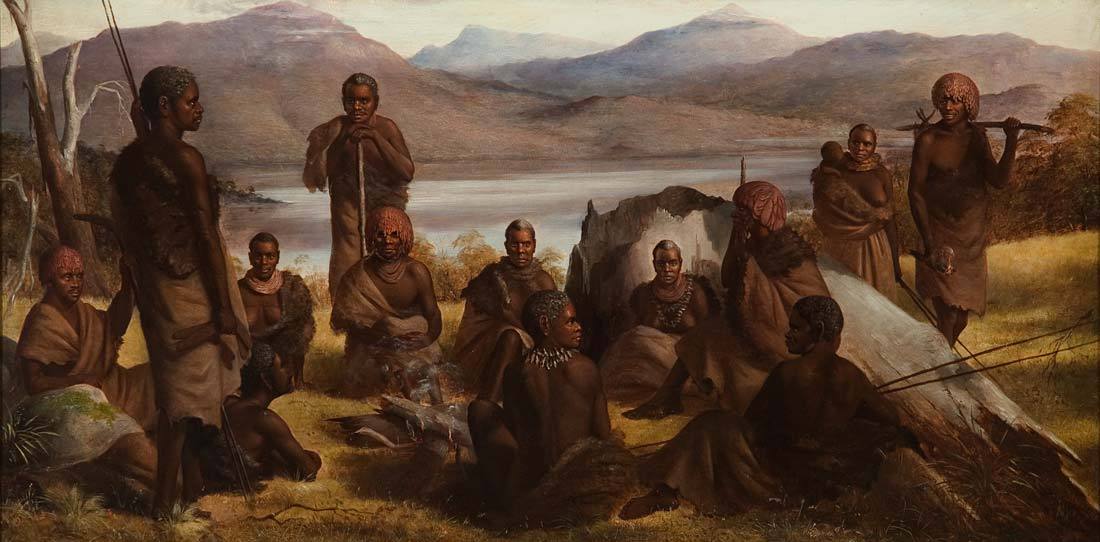I went to my favourite local bookshop last week (River Read) looking to be entertained and distracted. I settled on an historical romance. I chose ‘The Burning Island’ by Jock Serong, published just last September.
After reading the back cover and flicking through, I knew I was buying into a story that begins in Sydney about 200 years ago with the main character a tall, cynical spinster who sets off on an adventure. I also noted that it was about a shipwreck, specifically the Britomart – wrecked off the coast of Tasmania in 1839 under suspicious circumstances. I had recently visited a coral reef called Britomart.
Eliza Grayling is conflicted and a paradox – and thus so human. Her relationship with her father is fraught, and through the story she proves a very poor judge of character in many ways.
But then again how fully can we know another person. And how can we know when we are being betrayed or misled – whether by a person, a group, an institution or the zeitgeist of our civilization?
If you never trust, and you never submit, then you can never be betrayed – or at least never be betrayed again. But what can you build? There is the African proverb if you want to go fast go alone, if you want to go far – go together.
In Serong’s story/The Burning Island, Tarenorerer is an Aboriginal woman of about the same age as Eliza Grayling, who takes Eliza prisoner and then eventually befriends her.
According to Aboriginal folklore Tarenorerer was a terrorist and a freedom fighter who would never give up, or give in.
In 1828 she assembled warbands of both men and women and trained them to use muskets against white settlers and to kill their livestock.
In reading the story of Tarenorerer I am reminded that resistance fighters almost inevitably lose the war, even if they have a few victories in battle along the way. But there will always be such warriors who exist beyond culture and colour – they are an archetype representing a specific set of universal, recognizable human behaviours, and they emerge when there is profound injustice.
I’m writing this on 26th January, a day variously referred to here in Australia as ‘Invasion Day’ or ‘Australia Day’. My colleague at the IPA, John Roskam, has just released a video, with former Australian Prime Minister Tony Abbott, about the importance of Australian values and that they are under attack. I don’t share all the same values as these two conservative men, but I share many of the same values. Most importantly they encourage the pursuit of the truth and its continual testing, always and only against the evidence.
We can, and should, argue about whether our national day be celebrated on 26 January, or 3rd December – the day of the Eureka Stockade. Better still, let’s make it a day in the future: the day the Murray River’s estuary is restored by blasting the Mundo barrage/sea dyke, or the day Peter Ridd gets his job back at James Cook University, or the day the Australian Bureau of Meteorology restores 3rd January 1909 as the hottest day ever recorded in Australia.
But these things will never be achieved unless we get together under a common banner with some agreed and shared values, against the hegemony.
*********
The Feature image is by Robert Hawker Dowling – Robert Dowling | Group of Natives of Tasmania, Public Domain, https://commons.wikimedia.org/w/index.php?curid=12635841


 Jennifer Marohasy BSc PhD is a critical thinker with expertise in the scientific method.
Jennifer Marohasy BSc PhD is a critical thinker with expertise in the scientific method.

We will never please the unhappy mob. If you ask 5000 protesters in Brisbane what day should Australia Day be I except there will be no answer as no one will be happy what ever is decided.
On the other hand should we all pack up and ask for a visa to country our forebares came from. I did not say leave our capital.
I except after this the next occupiers would be far less tolerant and there would be no more protest. China, Russia, North Korea.
Historical perspectives are quite informative. It is interesting to consider how the technology/imperialist combination can impose change at lightning speed. Taranorerer and her people were living the lives that suited them in their place and time when the dramatic and deadly changes showed up unannounced.
the resistance sometimes wins What about Robert the bruce mao tse tung ho Chi Minh, but then we have Wallace, Vercigetorix, Caractacus who failed